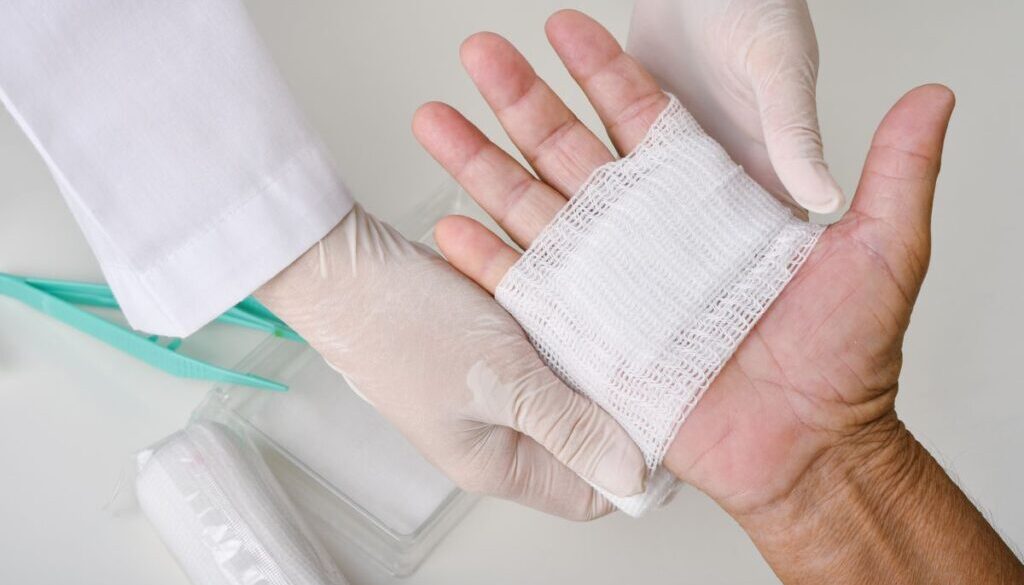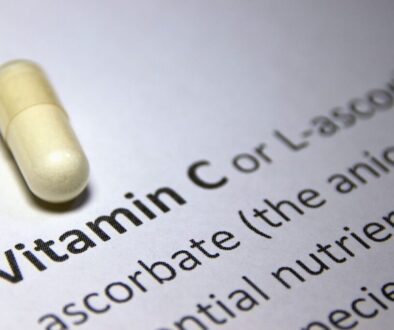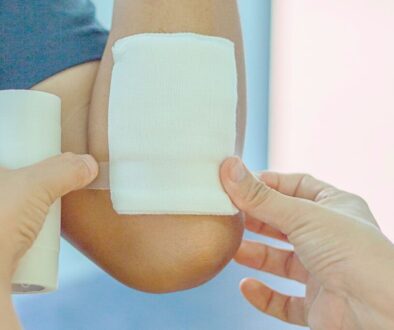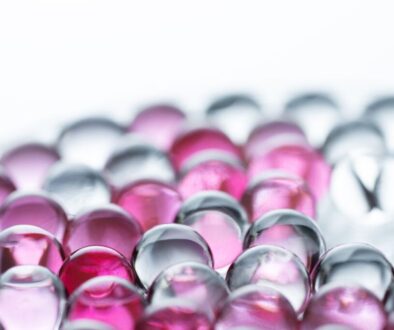Effective Severe Wound Healing Tips For Faster Recovery
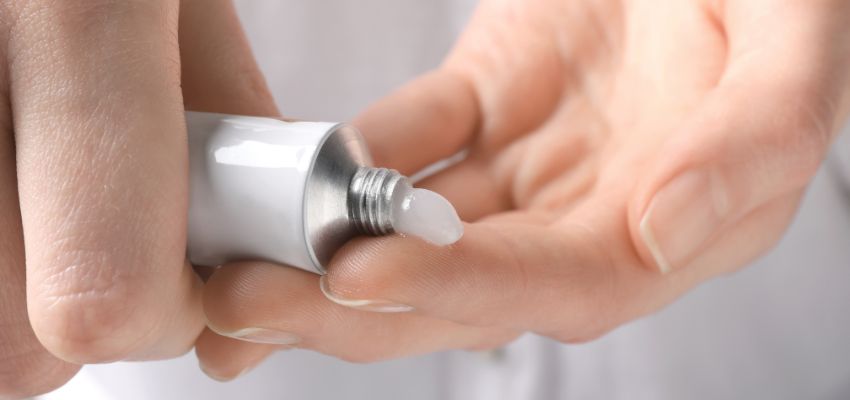
Antibacterial Ointment
One of the tips for fast wound healing is using an antibacterial ointment. Over-the-counter antibacterial ointments are essential for wound care. They help prevent infections and promote faster healing.
These ointments provide a protective barrier over the wound, shielding it from bacteria and contaminants. Regular application keeps the area moist. It also reduces scabbing, leading to less scarring.
Amniotic Membrane Allografts
Advanced treatments like amniotic membrane allografts, such as WoundEx®, offer innovative solutions for chronic and acute wounds. These allografts provide a natural extracellular matrix that promotes tissue regeneration and healing.
Mimicking the body’s natural healing environment creates an ideal cellular growth and repair setting, making them an excellent choice for patients with complex wound issues who may not respond to traditional treatments.
Honey
Honey is a highly potent natural remedy known for its antioxidant, antibacterial, and anti-inflammatory properties. Throughout history, various cultures have used honey for its healing properties. It promotes wound healing, reduces scarring, and prevents bacterial growth.
Medical-grade honey is processed for therapeutic use. It’s recommended for both minor and severe wounds but should always be used under the guidance of a healthcare professional. Its moisture-attracting ability creates an ideal healing environment.
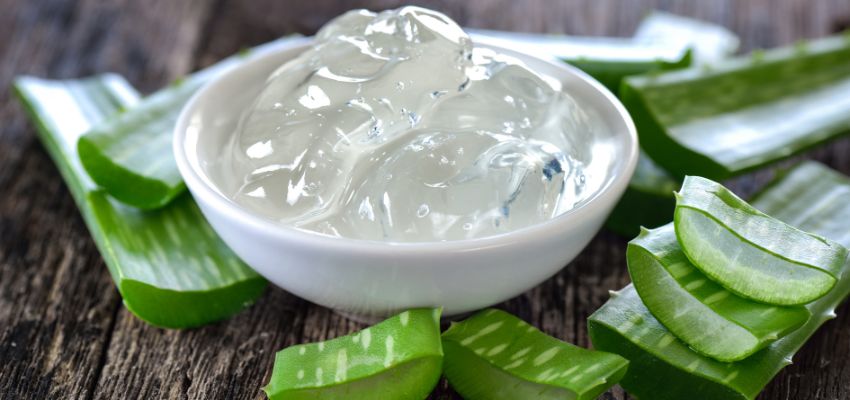
Aloe Vera
Aloe vera is renowned for its soothing effects on the skin and has been used for centuries in traditional medicine. It’s packed with vitamins, minerals, and antioxidants. It elevates collagen production, which is essential for skin repair and regeneration.
A thin aloe vera gel coating helps retain moisture, reduce inflammation, and speed up healing for minor burns and cuts. Its natural anti-inflammatory properties also make it great for calming irritated skin.
Coconut Oil
Coconut oil is more than just a kitchen staple. It contains antimicrobial fatty acids, like monolaurin, that can lower infection risk when applied to wounds. This natural oil aids healing by keeping the wound hydrated and protected.
It also provides a soothing sensation upon application. Its unique fatty acid composition creates a barrier against harmful pathogens and supports skin regeneration.
Turmeric Paste
Turmeric is rich in curcumin, a compound recognized for its potent antibacterial and anti-inflammatory properties. Curcumin boosts the production of growth factors essential for wound healing.
To speed up the healing process, mix turmeric powder with warm water to form a paste that can be applied to minor, closed wounds. Turmeric’s vibrant yellow pigment aids in skin regeneration. It also naturally reduces the appearance of scars.
Garlic
Garlic is famous for its antimicrobial properties. This is mainly due to allicin, which fights various bacteria and fungi. Research indicates garlic extracts can promote wound healing in different dosages, making garlic a versatile recovery option. Additionally, garlic creams have proven effective for treating burn wounds. They can be applied topically to relieve pain and prevent infections.
These open wound healing tips can lead to smoother recovery and fewer complications. Always see a healthcare professional before trying any new therapy.
Managing An Open Wound
To effectively manage an open wound, follow these steps:
- Thoroughly wash your hands to prevent contamination.
- Carefully remove any clothing and jewelry near the wound site.
- Apply firm pressure to control bleeding.
- Once bleeding has stopped, clean the wound with water and saline.
- Examine the area for foreign objects or dirt and remove them as necessary.
- If available, dab on an antibiotic ointment to minimize the risk of infection.
- Gently pat the wound dry and cover it with a sterile bandage.
Routinely inspect the wound for indications of infection and change the bandage as needed. A closed wound that isn’t sterile can trap bacteria and lead to infections. Keep them open for unclean or infected wounds until they’re properly cleaned or the infection clears up.
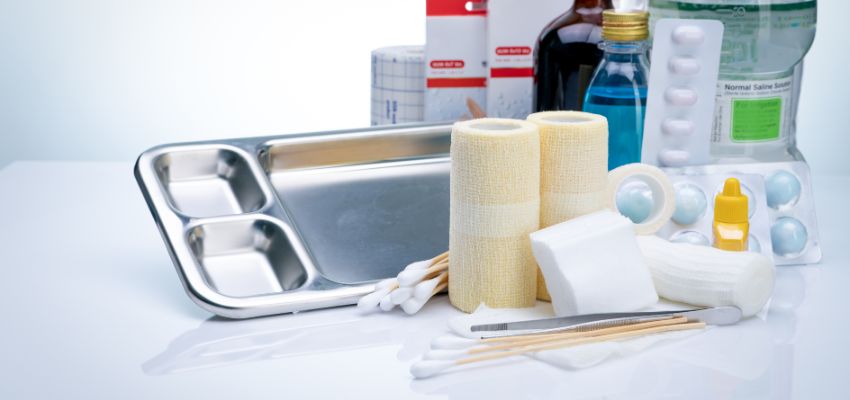
Frequently Asked Questions About Wound Healing
Should you cover wounds?
Covering wounds is generally beneficial. It helps maintain cleanliness and reduces the risk of infection. It also minimizes irritation and keeps the wound moist. These factors are essential for promoting faster healing. Using a sterile bandage and changing it regularly is crucial to ensure optimal care.
What are the signs of a healing wound?
As a wound heals, it may become itchy. Once the scab falls off, the area may appear stretched, red, and shiny.
Is Betadine good for open wounds?
Betadine is excellent for treating minor wounds, cuts, abrasions, and injuries. It acts as an antiseptic. It effectively kills or inhibits the growth of infection-causing microorganisms.
When To See A Doctor
It’s crucial to seek medical attention if you experience any of the following situations regarding your wounds:
- Large, deep, or jagged wounds. These injuries may need stitches or other medical treatments. This promotes proper healing and lowers the chances of infection.
- Wounds that will not close or continue to bleed. If a wound doesn’t start to heal after a reasonable time, it may indicate a problem. Consistent bleeding can also be a sign of a more serious issue. Professional evaluation is needed in such cases.
- Wounds with debris that cannot be removed. If there are foreign objects or debris in the wound that you can’t remove, seek medical assistance. This helps prevent infection and promotes healing.
- Infected wounds with symptoms like warmth, discharge, or unpleasant odor. These signs may indicate an infection. It might require antibiotic treatment. Drainage could also be necessary to prevent further complications.
Always err on the side of caution; if you’re unsure about the severity of a wound, consult a healthcare professional.
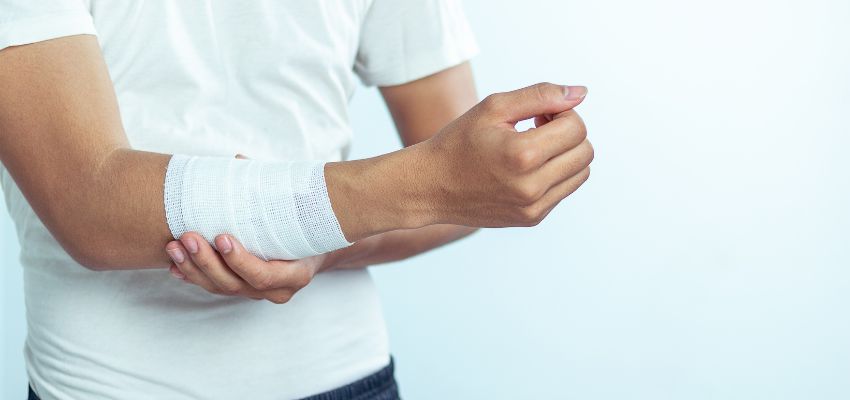
Take Charge Of Your Wound Healing Journey
Understanding proper wound care is crucial. It can significantly affect recovery times and outcomes. Various wound healing tips and strategies are available to enhance the body’s natural healing processes—from traditional remedies like honey and turmeric to advanced treatments such as amniotic membrane allografts. It’s crucial to consult healthcare professionals for proper care for severe or infected wounds. Take charge of your healing journey—start implementing these tips today!
Heal Ulcers, Burns, & Surgery Wounds With Break-Through Amniotic Allograft Treatments
Experience the future of wound care with our advanced amniotic allograft treatments. Say goodbye to slow healing. Our innovative solutions promote faster recovery from pressure wounds, ulcers, burns, and surgical wounds. Trust the power of science for your healing journey. Regain your comfort and health today! See if you are eligible for treatment here.

About The Author
Corinne Grace is a full-time writer living in the Philippines. She has a nursing degree from Riverside College. Her background in nursing informs her perspective, allowing her to weave in themes of health, empathy, and resilience into her work.
